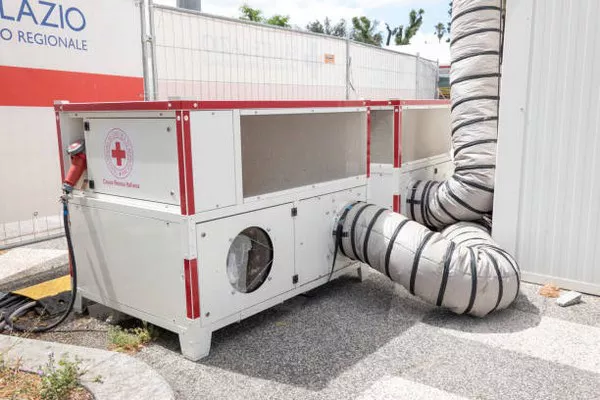Using a generator during a power outage can be lifesaving, but it’s vital to operate it safely to avoid severe risks, including carbon monoxide poisoning. Generators produce carbon monoxide, an odorless and colorless gas that can be deadly.
To ensure safety, always run your generator outdoors and far from windows, doors, and vents to prevent carbon monoxide from seeping indoors. Proper ventilation is crucial; never operate a generator in enclosed spaces such as garages or basements.
Keep your generator dry by using a canopy or cover to shield it from rain, but ensure it has adequate airflow to avoid electrical shocks. Before refueling, turn off the generator and allow it to cool for at least 20 minutes to reduce the risk of fire from spilled gasoline igniting on hot surfaces.
Use heavy-duty, outdoor-rated extension cords that are in good condition, and ensure your generator is properly grounded to minimize the risk of electrical shocks. Avoid overloading your generator, as this can cause overheating and malfunction.
For added safety, consider installing battery-operated carbon monoxide detectors in your home to alert you to dangerous gas levels. By following these precautions, you can use your generator effectively and safely when power is lost.
You Might Be Interested In

